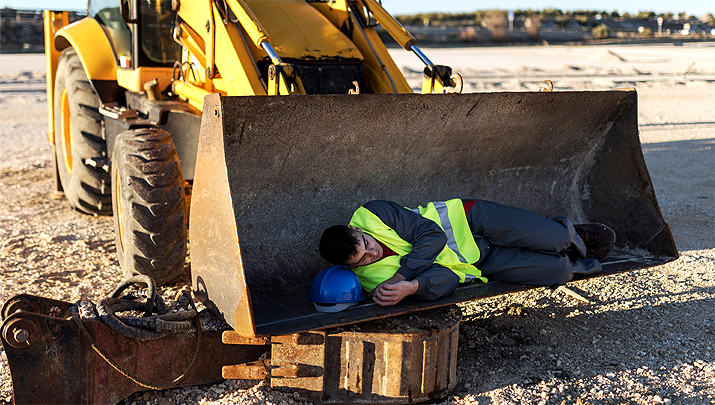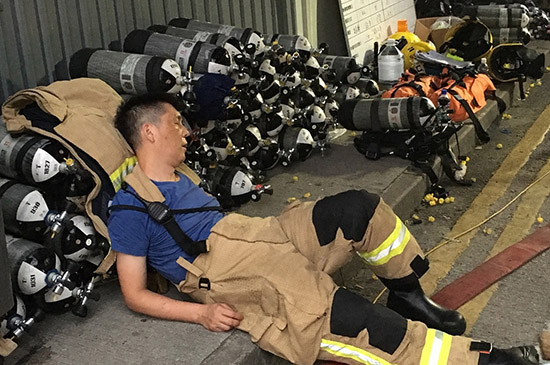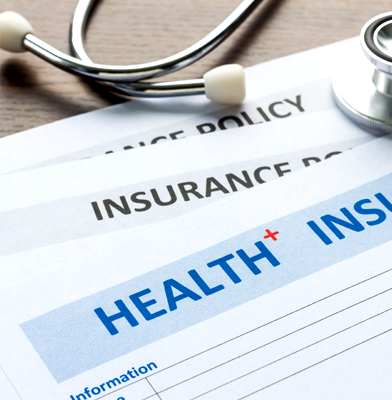What is Occupational Medicine?
Occupational medicine, or occupational health, is focused on the treatment of work-related injuries and illnesses. Healthcare providers working in this field receive special training to diagnose and treat workplace-related injuries and are familiar with federal and state regulations regarding workforce health and safety. They often work directly with employers to develop safety guidelines and promote safety in the workplace.
Helping Create Healthy Working Environments
Sleep apnea is not only unhealthy for the person living with it, it also poses a risk to the community at large. Did you know sleep deprivation may have played a role in many man-made disasters, including the Three Mile Island and Chernobyl nuclear accidents, the Exxon Valdez oil spill, the Challenger explosion, and the American Airlines Flight 1420 crash.
It’s imperative for employers, especially those in industries that require precision and safety, to ensure their employees have the resources they need to do their jobs well.

Transportation, CDL
Oil & Gas
Firefighters
Risks & Benefits
Because of the high costs associated with having a plane crash, having a nuclear plant melt down or having an EMT administer the wrong treatment, it pays for companies to do a little preventive maintenance when it comes to sleep deprivation. There should be firm policies in place as to how frequently employees can work without breaks, and employees should be screened for sleep disorders.
It is estimated that as many as 80 percent of cases of sleep apnea are undiagnosed. Employers need to be aware of the symptoms and ensure all employees who have sleep apnea get the treatment they need.
Symptoms & RisksDo I have Sleep Apnea?
22 million Americans are affected by sleep apnea. Are you one of them?
Are you constantly tired, regularly wake up with a dry mouth and/or sore throat or snore excessively loud? Left untreated, sleep apnea increases your risk for diabetes, obesity, high blood pressure, and depression.
We make it easy to get started on your journey back to better sleep and overall wellness. No more excuses or putting off, let’s get started. Take a look at the Symptom Checker to the right. If you have three or more symptoms, you may have sleep apnea.
View a complete list of risks.
Online Sleep Survey












